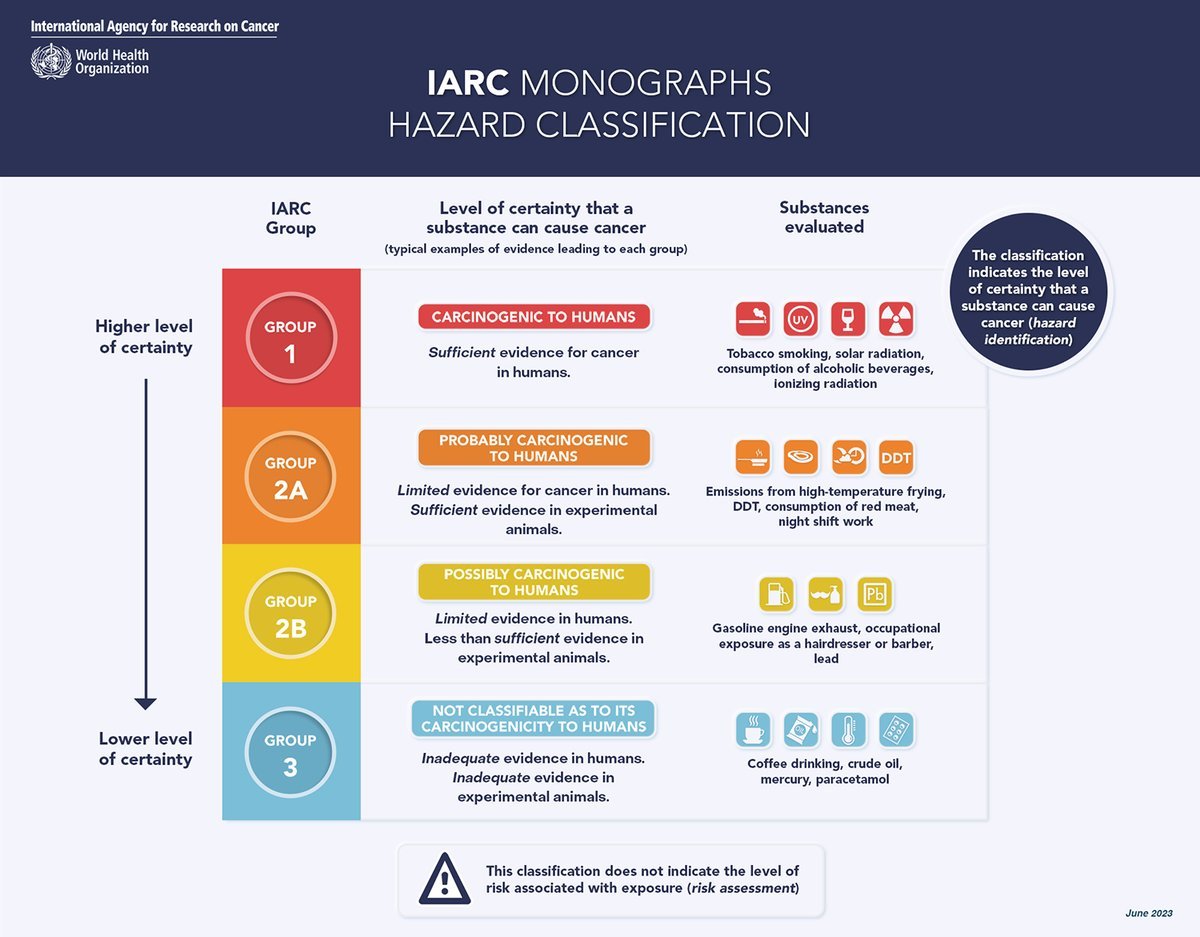
There's a lot of talk going around about Diet Coke right now.
Last week, news broke that aspartame, a common artificial sweetener found in the soft drink, will reportedly be categorised as one that "possibly" causes cancer.
Sources told Reuters that the International Agency for Research on Cancer (IARC) – the World Health Organisation's cancer research arm – is set to list aspartame as "possibly carcinogenic to humans" for the first time in July.
It comes as a separate WHO committee, the Joint WHO and Food and Agriculture Organization’s Expert Committee on Food Additives (JECFA), is currently reviewing the sweetener.
An IARC spokesperson told The Guardian, "IARC has assessed the potential carcinogenic effect of aspartame (hazard identification)... Following this, the joint FAO/WHO expert committee on food additives will update its risk assessment exercise on aspartame, including the reviewing of the acceptable daily intake and dietary exposure assessment for aspartame."
Both the IRAC and JECFA will release their findings on July 14.
In the meantime, here's what you need to know about aspartame and whether you should stop drinking Diet Coke.
What is aspartame?
Aspartame is an artificial non-sugar sweetener, which you can find in drinks such as Diet Coke and Coke Zero, Extra chewing gum, several low-calorie desserts and some yoghurts.
"Aspartame has been in use in food since the 1980s and is one of if not the most commonly used non-sugar sweeteners, used in about 6,000 products worldwide," Professor Oliver Jones, a chemistry professor at RMIT University, told Mamamia.

